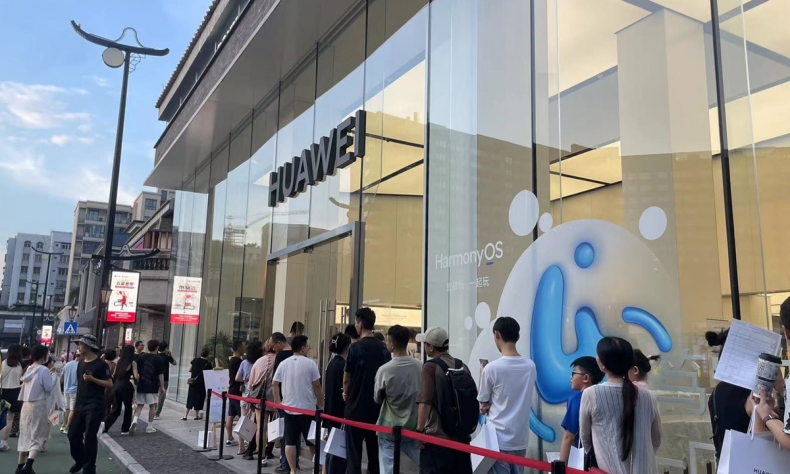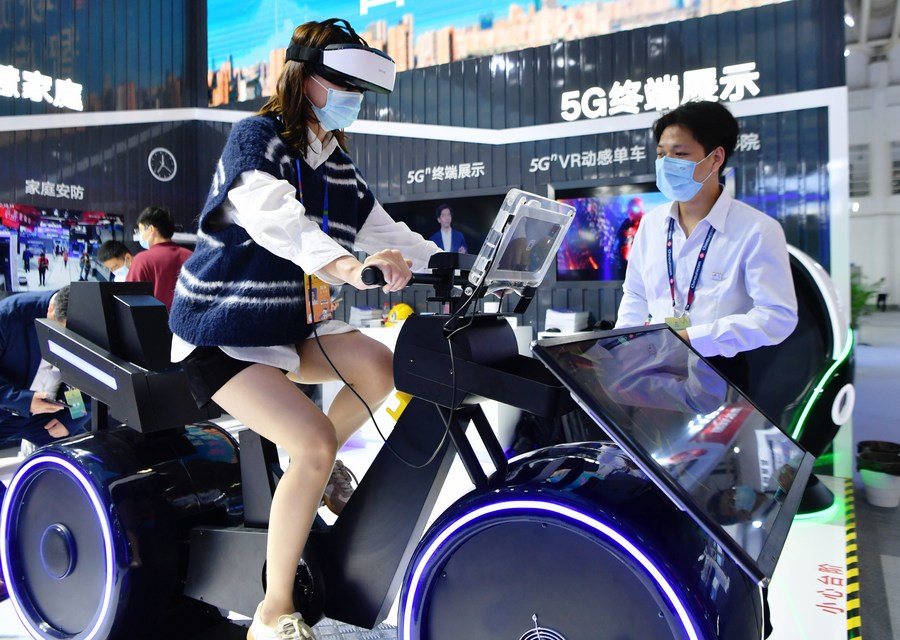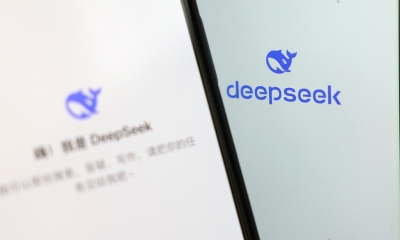Flawed Narratives of China and Technology Harm American Audiences

The United States alone will not own the 21st century, and it might not own it at all.
The back half of the 20th century belonged to the United States. One reason is that America’s colleges and universities produced undergraduate, graduate and doctoral graduates who, with increasing rapidity and sophistication, turned out one new technology tool after another. Using these and other advantages, the U.S. became the world’s powerhouse, outpacing its allies and adversaries. Economic dominance combined with the victory of liberal democracy in the Cold War led Francis Fukuyama to famously suggest in 1992 that history had come to an end: Liberal democracy would be adopted by all nations in the future.
Suffice to say, he was wrong.
The United States alone will not own the 21st century, and it might not own it at all. China has transformed itself from an agriculturally intensive country into a global economic and technological powerhouse, and as a Rand Corporation paper has noted, the country’s commitment to advancing from “made in China” to “created in China” aptly summarizes China’s ambitions.
One of the most powerful reasons behind China’s ascent is its determination to apply technology in the private and public arena. China has become a leader in conventional (i.e. railways) and modern technology (i.e. big data, AI) because it has taken advantage of strategic planning, its size and a commitment to building capacity. The country’s highly competitive ecosystem also must be acknowledged. Finally, the aforementioned Rand Corporation paper pointed out the vital role the government has played in orchestrating China’s global rise in technological advance, including through state-owned enterprises.
The United States thinks that China now poses legitimate challenges to America’s place in international politics, economics and technology, and the U.S. and its allies have turned to harsh rhetoric and at times poorly guided policy (consider the so-called “Trump Tariffs”) to counter this reality. Fear of what China is (and might become) aligns with a knee-jerk “China is dangerous” response. As a result, when the United States and China engage in public displays of enmity, issues of technology, as just one example — soon morphed into questions about national security — quickly become framed in the Western media and in the narrative advanced by major political figures and leaders at various think tanks as China cannot be trusted.
In fact, whether it comes to cyberattacks, economics, pandemics or something else, China’s actions, instantly assumed to be hostile to America or the world, are magnified by the mainstream media and in elites’ discourse, while any similar acts by the United States are either ignored or passed off as necessary or justified. An unending loop in which a negative event relating to China quickly gains traction throughout the U.S., sustaining a framework identifying China as a danger to America’s norms. It also undermines the credibility of the Chinese people and of technologies and other items produced inside the country.

Let us consider Huawei as an exemplar of this flawed media reporting.
Huawei is now the unquestioned leader in 5G, and the country appears to have taken an early lead in 6G. In particular with the new smartphones of Mate 60 series that Huawei unveiled recently, it shows that Huawei has achieved a significant breakthrough in developing its own 7 nanometer chips despite U.S. sanctions.
There are questions about Huawei, but these items too often appear in media and elites’ discourse as evidence of China’s disregard for Western business, scientific or ethical norms. It is fair to offer legitimate inquiries about the company, but when reporting begins to align Huawei with human rights issues, the narrative implies a seamy side to the company, a sentiment that also is regularly connected to the government. In addition, chronic questions and assumptions about whether Huawei has engaged in stealing intellectual property, infecting phones with malware and endorsing shady business practices fill the media environment, creating a continuously concocted message that Huawei isn’t an honest broker in the telecommunications universe.
Why should we care about U.S. media reporting of China’s ambitions with technology or about Huawei in particular? China and the United States are in a multifaceted and intricately wedded economic and cultural partnership at the moment that remains a complex paradigm for both societies. If ping-pong diplomacy 50 years ago was akin to a first date, the current relationship is a marriage; each side knows the strengths and weaknesses of their partner.
Therefore, it is incumbent for the media and political elites to focus less on the controversies between the U.S. and China, however much those controversies generate headlines and benefit angry broadcasters on radio and television, and instead address how America will cooperate with China. In addition, a challenge is placed on other elites to affirm that China will almost certainly share the global stage with the U.S. in the coming decades and adequately prepare their audiences for what this relationship will mean.
The article reflects the author’s opinions, and not necessarily the views of China Focus.
 Facebook
Facebook
 Twitter
Twitter
 Linkedin
Linkedin
 Google +
Google +







